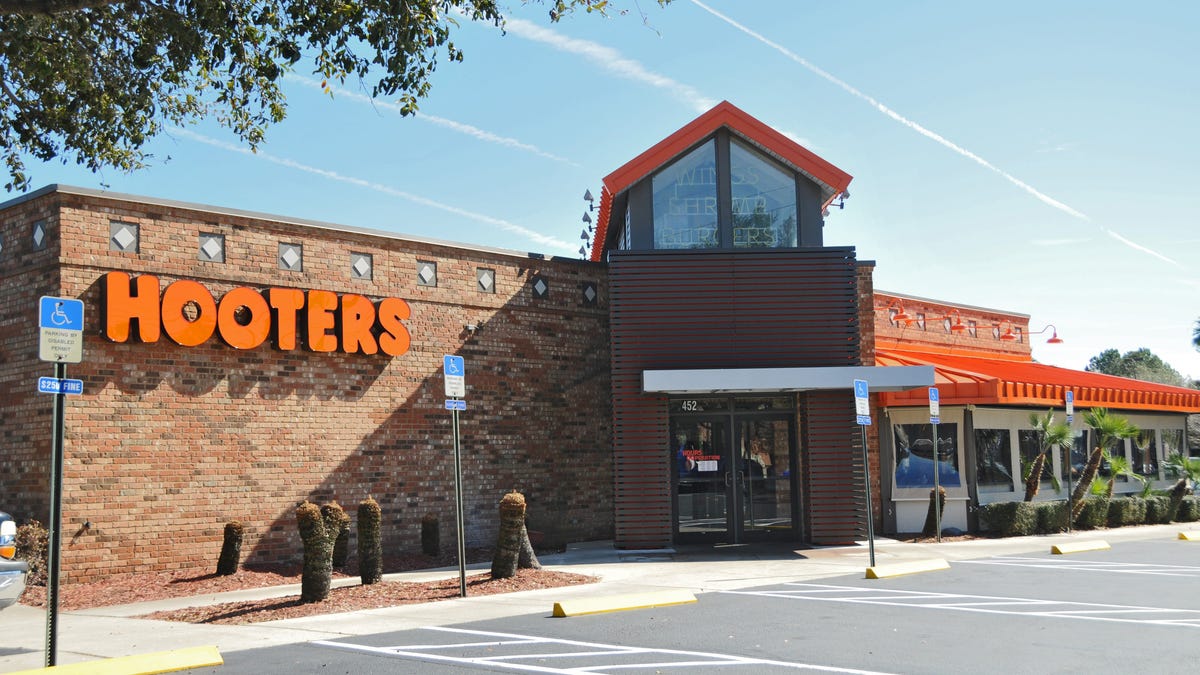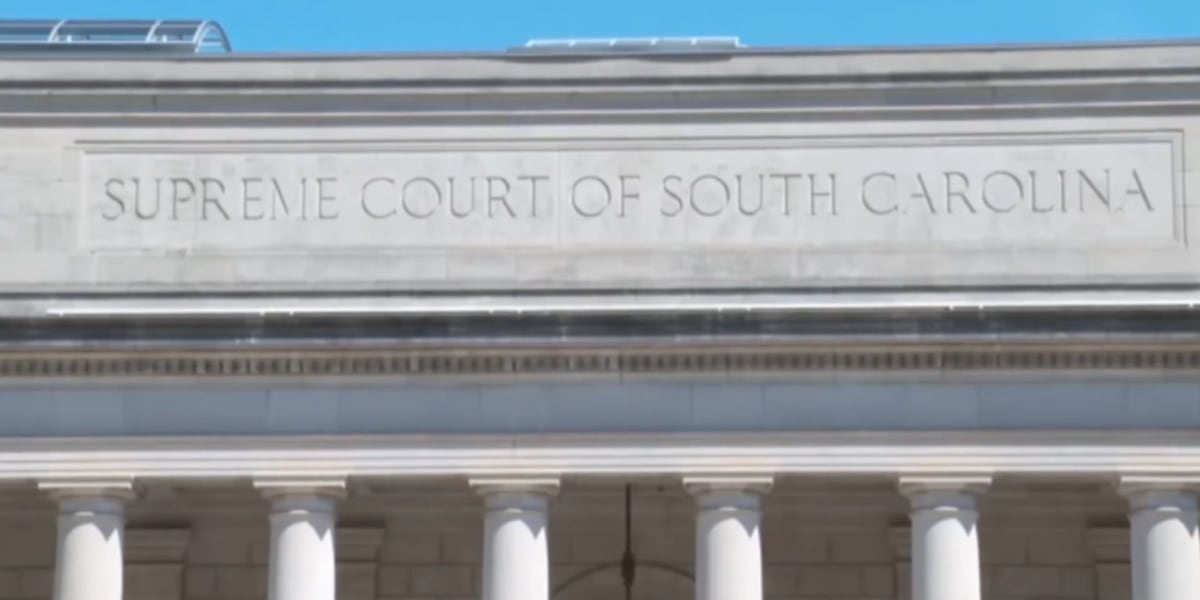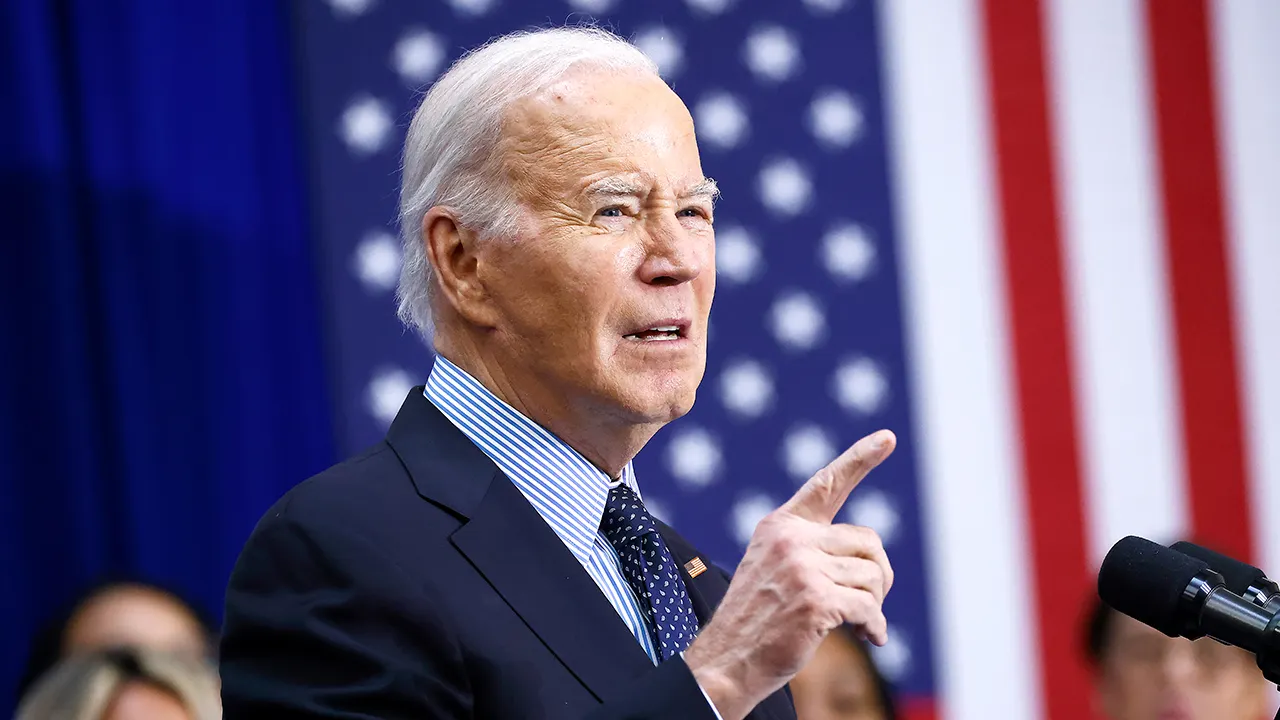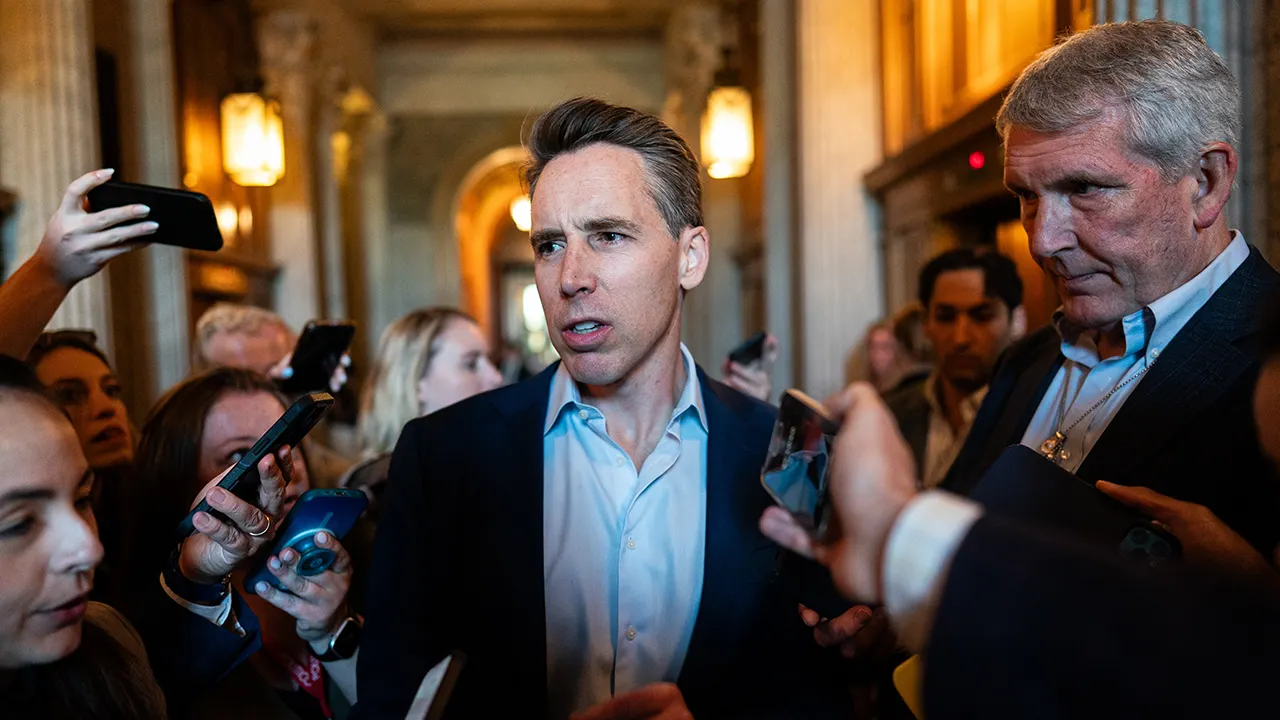COLUMBIA — South Carolina lawmakers are exploring the expense of offering free meals to all K-12 students statewide — and the costs to society when children go hungry.
A joint House-Senate panel is tasked with looking at how to maximize various nutrition programs funded by the federal government along with other opportunities, including increased collaborations with local farmers.
“There are already areas that have a great farm-to-school program. We just don’t do it statewide,” Rep. Patrick Haddon told The Post and Courier after panelists elected him chairman at their inaugural meeting Aug. 9.
The Greenville Republican, who authored the law creating the study committee, called its findings a potential “huge win-win” for South Carolina’s farmers and families.
The panel will study the costs of offering free universal breakfasts and lunches as well as providing more take-home meals for dinners and weekends. Since 2021, six U.S. states have passed laws for universal free school meals.
“We know there are students going home, especially on the weekends who may not have anything,” said Haddon, a farmer who raises cattle, pigs and poultry. “How do we provide more, better nutrition?”
He expects a deep dive over the next few months to be a tough, “eye-opening experience” for him.
Rep. Jermaine Johnson, D-Columbia, said he hopes the focus stays on children, with farmers benefiting as a byproduct.
While existing federal programs cover the costs of school meals for poor children, not all qualifying parents sign up and, when they do, students who do get free meals may be singled out by their peers, he said.
Johnson knows firsthand. His family became homeless when he was 14, and he lived in motels or on friends’ couches into adulthood.
“I got treated differently because I was getting free lunch,” he said. If all students eat for free it “would remove the stigma, the shame that some kids feel, the bullying some kids have to deal with because they’re not in the same situation.”
Many high-poverty schools in South Carolina qualify for a federal program that covers meal costs for all students without parental paperwork. But not all eligible schools in the state have participated.
As a way to change that, legislators put a clause in the state budget requiring local school boards to either participate where eligible or pass a resolution explaining to the public why they’re not. The clause also bars schools from denying meals or serving alternative meals to students with a meal debt. They also can’t make the student do chores or extra work in exchange for meals or deny participation in any school event or field trip.

The practice in some schools of providing “shame lunches” to children or singling them out if they can’t afford to eat must end, said Sen. Katrina Shealy, R-Lexington, who learned about it after a boy in her church approached her.
“He said, Miss Katrina, I’m the only kid in my class who has to get the shame lunch,’ and I said, ‘What is that?’ and he said, ‘It’s a bag with two pieces of bread and a piece of cheese and a carton of milk.’ He said, ‘My daddy won’t fill out the paperwork to get a free lunch,’” she told The Post and Courier, adding she went to his school to change that.
She pre-filed a bill last November that would provide free breakfasts and lunches to all students in South Carolina by requiring the state to reimburse school districts any costs not covered by the federal government. It never received a hearing this year.
She’s eager to see what the study committee recommends, as long as it includes free meals for all students.
“We shouldn’t have to point out who’s poor and who’s not to feed children,” she said. “Kids shouldn’t be made to feel different because that lowers their self-esteem, and if they’re hungry, they’re not going to learn and they’re going to misbehave.”

Committee recommendations due before the Legislature returns in January also include whether it would help farmers and children to move oversight of the programs to the state Department of Agriculture. Federal meal programs have long been handled by the state Department of Education.
While the cost of providing meals for all are to be determined, Haddon said a guesstimate he received from the state education agency a year or so ago was $50 million to $60 million.
That’s a comparatively small expense in a state spending package of nearly $14 billion this fiscal year, he said.
“These children are our future. I know it’s a worn-out cliche,” he said. “But do we want to feed them now or incarcerate them later, because I think that goes hand in hand.”
































